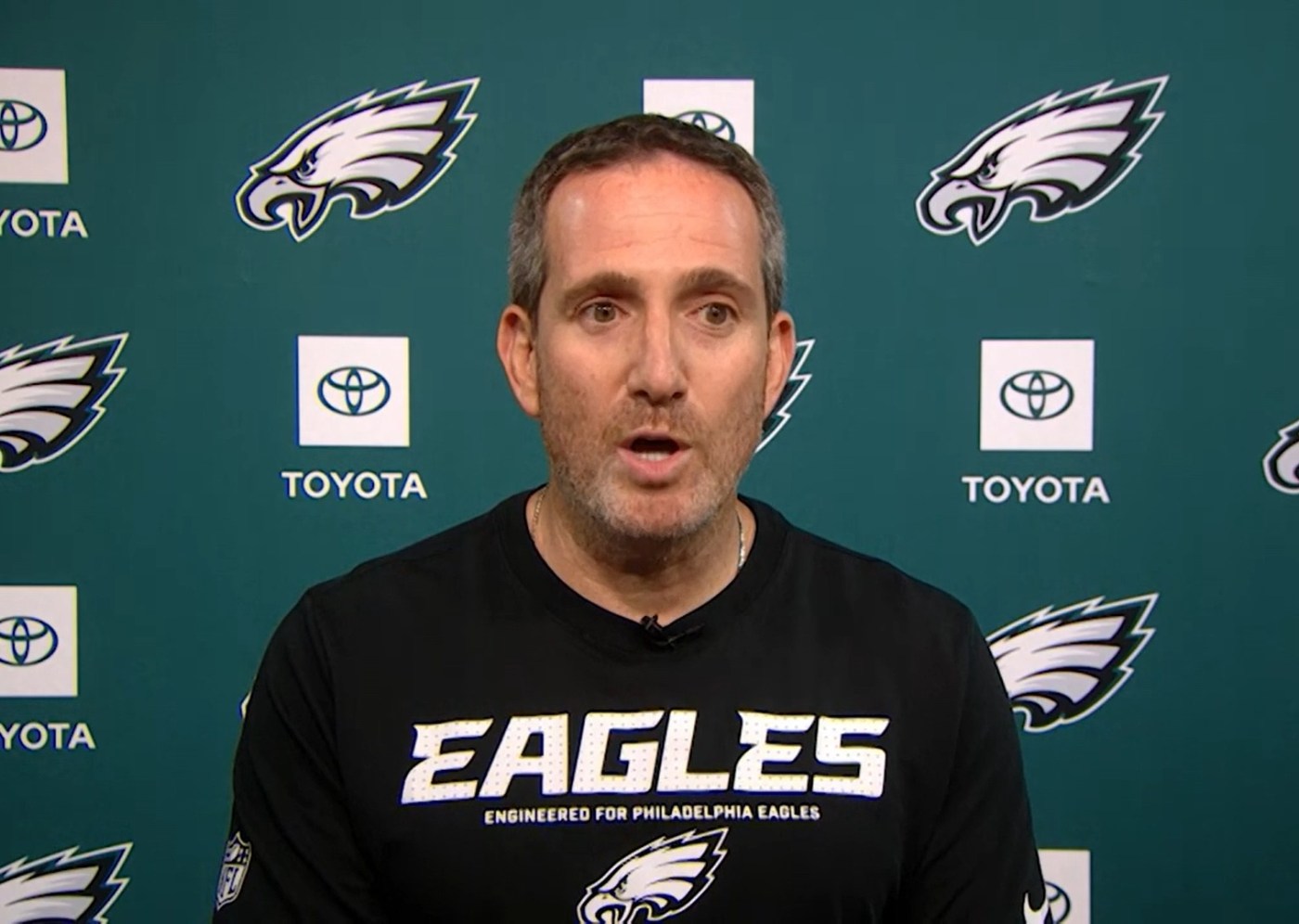
New data reveals that interest in the weight loss drug Ozempic is surging across the United States. A recent report from weight loss management platform Levity ranks cities based on Google search trends, highlighting significant regional interest in GLP-1 medications.
UPDATE: The report indicates that the top city for Ozempic-related searches is Orlando, Florida, with a staggering 89,620 searches per 100,000 residents. Other cities experiencing high interest include Miami, Atlanta, St. Louis, and Cleveland. Each of these locations recorded over 48,000 searches per 100,000 residents.
The surge in popularity of GLP-1 medications, such as Ozempic, Mounjaro, and Wegovy, has been a game changer for many Americans battling obesity and type 2 diabetes. According to Levity’s report, Google search volume for these drugs increased by 9.5% over the past year among the top 100 U.S. cities.
What makes this development critical is the growing societal impact of these medications. The survey conducted by Levity found that 13% of respondents reported trying a GLP-1 medication, with Gen Z leading the way at 17%. However, there is notable skepticism; 73% of Americans believe that GLP-1 medications represent a shortcut to weight loss, while 52% consider them a temporary fix.
Experts are weighing in on the implications of this trend. Hamilton Noel, a data scientist at Pattern, stated, “The continued massive demand for these weight loss drugs speaks to the desperation consumers are experiencing. With intermittent shortages, individuals are checking platforms like Amazon despite potential side effects.”
Meanwhile, exercise physiologist Tom Holland cautioned, “People are constantly seeking the quickest fix with minimal effort, regardless of the costs, both financially and physically.”
As the popularity of Ozempic and similar medications rises, so do concerns about their long-term effects. Recent studies have linked GLP-1 drugs to an increased risk of conditions such as pancreatitis and kidney stones.
Looking ahead, while obesity rates may see short-term declines due to GLP-1 usage, the long-term implications remain uncertain. The conversation surrounding these medications is evolving rapidly, making it essential for consumers to stay informed about both the benefits and risks.
This urgent update highlights a significant shift in how weight management is perceived and approached in America. As the landscape of obesity treatment continues to change, the demand for effective solutions like Ozempic is likely to remain high. Stay tuned for more developments as this story unfolds.







